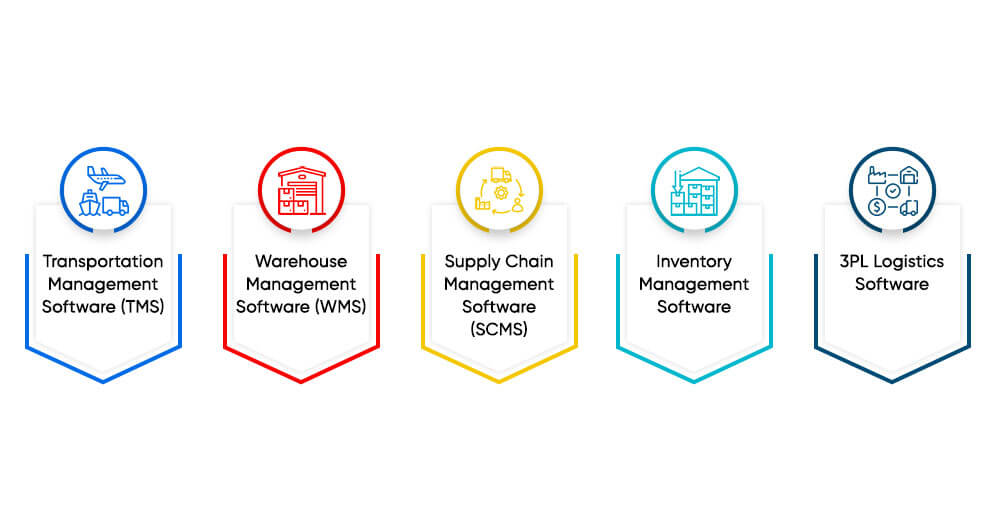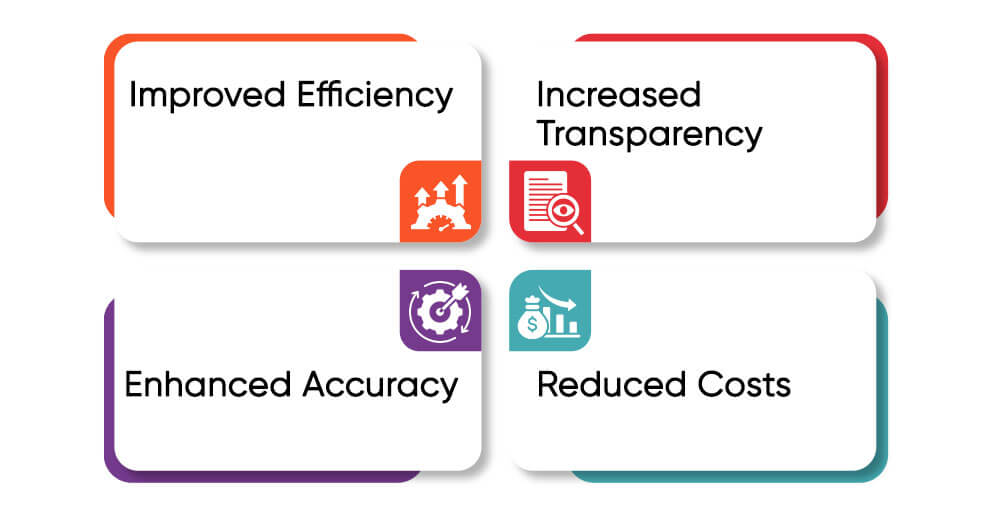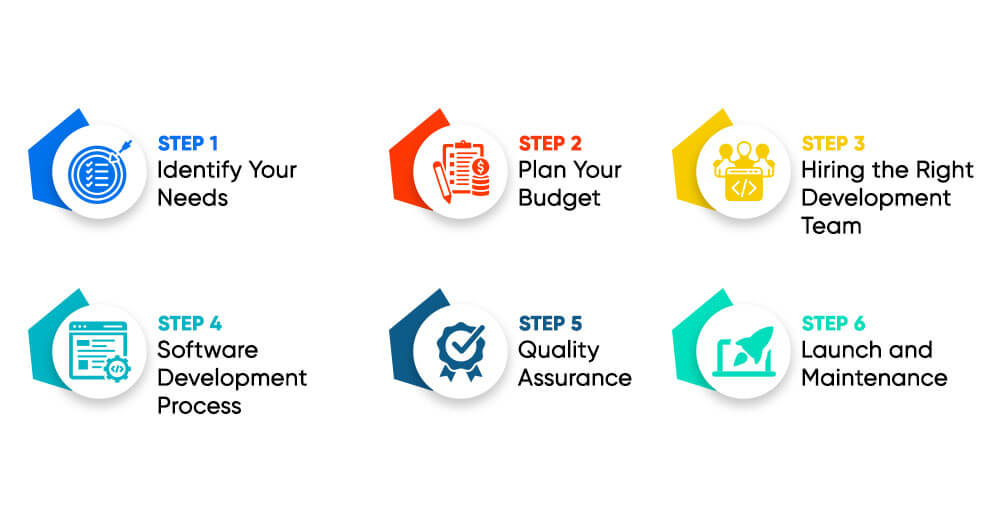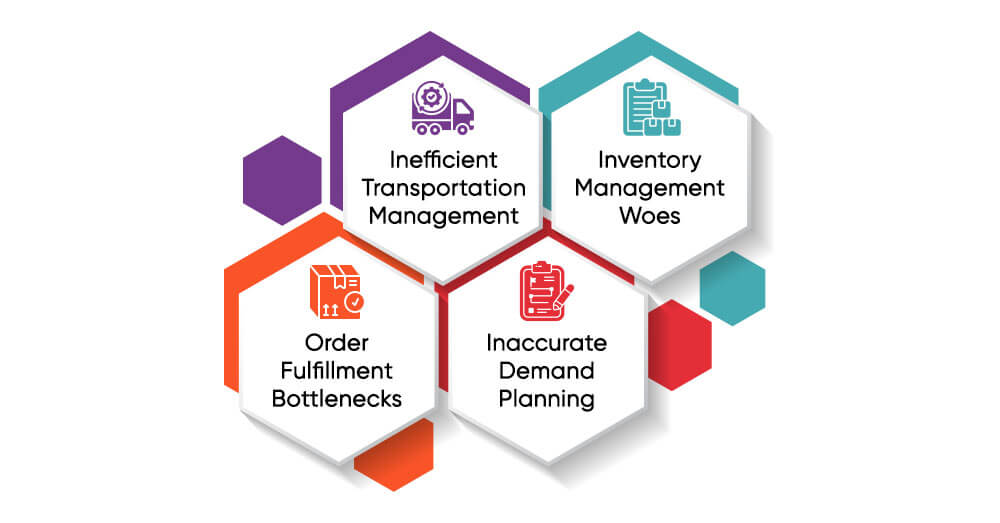-
solutinos
-
Hire
Frontend Developer
Backend Developer
-
NodeJS Developer
-
Java Developer
-
Django Developer
-
Spring Boot Developer
-
Python Developer
-
Golang Developer
-
Ruby on Rails Developer
-
Laravel Developer
-
.NET Developer
Technology
-
Flutter Developer
-
React Native Developer
-
Xamarin Developer
-
Kotlin Developer
-
Cross-Platform Developer
-
Swift Developer
-
MongoDB Developer
-
C Developer
-
Smart Contract Developers
Cloud
-
-
Services
Mobile Development
Web Development
- Work
-
Multi Services App
-
Food Delivery App
-
Grocery Delivery App
-
Taxi Cab Booking App
-
Multi Services App
-
OTT Platform APP
-
Social Media APP
-
Freelance Service App
-
Car Rental App
-
Medicine Delivery App
-
Liquor Delivery App
-
Sports Betting App
-
Online Coupon App
-
eLearning App
-
Logistics & Transportation App
-
Courier Delivery App
-
On-Demand Real Estate App
-
E-Wallet APP
-
Online Dating App
-
Handyman Services App
-
-
Process
-
Company

Quick Summary : This blog is a complete guide to logistics software development and its types, the advantage it has such as efficiency, and cost reduction, or some transportation, inventory, and warehousing problems that might be faced. It also looks into an easily understandable guide on how to apply developing efficient logistics software for a business.
Logistics Software Development Guide
Logistics keep the goods flowing from manufacturers to consumers in the current fast-growing global market. As the functionality of the supply chains increases, the need for logistics software development increases. The logistics market is estimated to reach USD 6.55 trillion by 2027 at the global level. This increase in demand demonstrates the significance of logistics software, which is an essential tool that supports the functioning and development of a company, its efficiency enhancement, decreased costs, and increased customer satisfaction. This blog aims to explain how logistics software is built and why it is necessary for organizations. It also proposes solutions to some of the challenges and trends that seem to be developing within the logistics company.
What is Logistics Management Software?
Logistics Management Software, better known as LMS, is a software intended to manage the process of planning, executing, and monitoring the flow of goods, services, and related information in the most efficient and least cost-effective way from source to user. LMS encompasses various functionalities. By incorporating such functions, the logistics software offers organizations a central place through which they can handle all their logistics needs effortlessly.
Types of Logistics Software

As we have seen, logistics software can be of several types and support different logistics facets. The following are key types of logistics software:
Transportation Management Software (TMS)
TMS concentrates on the actual transport of goods while offering tools such as route planning, carriers, and shipment tracking. This type of logistics software is critically important for companies that operate trucks and want to save money and deliver goods faster. Organizations can easily streamline their transportation management through logistics software for trucking, hence guaranteeing timely shipments.
Warehouse Management Software (WMS)
WMS has other functions that are applied to organize warehouses, move inventory, pick orders, and ship. From an operations perspective, Retail stores specifically opine that WMS is crucial for handling enormous stock and making products easily available. WMS is included in retail logistics software to keep a check on stock, which improves customer services. The global WMS market is expected to reach USD 13.14 billion by 2032.
Supply Chain Management Software (SCMS)
SCMS offers complete control and visibility over the supply chain from the purchasing to the distribution functions. This software assists organizations in decision-making and provides better ways of managing supply chain activities. Custom logistics software development is an ideal solution for supply chain management as it can be modified to adapt to specific supply chain requirements to facilitate the flow of goods. The SCMS market around the globe is estimated to be at $45.2 billion by 2027.
Inventory Management Software
It is a tool that assists organizations in managing their stock to ensure that it is well-stocked and low-stocked. This is especially important for retail businesses that have to factor in varying levels of demand volatility and operational expenses. Retail logistics software often incorporates options to manage inventory to ensure that a store or shop stocks up on products. Moreover, the inventory management software market is projected to reach $4.06 billion globally by 2030.
3PL Logistics Software
3PL software is a predefined tool in the structure of third-party logistics, which is used to control the transport, storage, and orders. This ease is of benefit to the 3PL providers because the third-party logistics software development solution enables them to come up with solutions that may suit their clients for service improvement.

Get highly integrated logistics solutions to automate your business processes and reduce human errors.
Get Quote Now! Get Quote Now!Benefits of Logistics Software

Logistics software offers substantial benefits that can transform the efficiency and effectiveness of a business’s operations. The following are logistics software benefits:
Improved Efficiency
Transportation management technologies include route optimization software and order processing, increasing order processing logistics by a hundred percent. The best logistics software for small businesses means more time for business development and with customers. Further, logistics software integration can also be categorized as asynchronous intermediary flows that enable effective problems to workflow and organizational effectiveness.
Enhanced Accuracy
The application of the logistics software also limits human interference reducing errors in tracking shipments, stocks, and orders. This is no more especially if the business is in the international shipping industry where accuracy is paramount to prevent the addition of cost through inconveniences. With logistics software for international shipping, organizations can work with higher accuracy, which may affect the reliability and the level of service offered to the customers positively.
Increased Transparency
Logistics software offers complete visibility of the supply chain management right from the warehousing information to the transportation information of the products. This is important so that businesses can be rational in their operations as well as ensure that they continue being trusted by their customers. The logistics software for business enables the running of the processes on a real-time basis and thus, they become more responsive.
Reduced Costs
Logistics software also cuts overall operational costs through efficiency enhancement in some key areas like route planning and inventory. For small enterprises this can translate into major cost savings and these savings can be funneled to other areas. With logistics software integration, businesses can wield resources in a way that will help create a cost structure that fits their goals and objectives.
How to Build a Logistics Software

Building logistics software involves several key steps that ensure the final product meets your business needs and delivers value. Here’s a guide on how to build effective logistics software:
Identify Your Needs
Whether looking for the best logistics software for small businesses or cargo logistics management software, understanding your specific needs is crucial. For manufacturing businesses, consider why logistics software is important for manufacturing, such as streamlining operations, reducing delays, and improving supply chain efficiency.
Plan Your Budget
You have to look at your needs once you’re prepared for them, the next thing to do is to look at your budget. Logistics software costs as a particularity depend on the characteristics and the level of complications needed. Cover all the possible costs, both for development and for the subsequent maintenance of a product. But one must remember that business functionality should also be taken into consideration when looking at the cost structure.
Hiring the Right Development Team
Choosing a skilled development team is essential for creating high-quality logistics software. Look for developers with experience building similar systems, particularly cargo logistics management software. Their expertise can significantly impact the software’s performance and reliability.
Are you keen on getting the best solutions for enhancing your logistics performance?
Software Development Process
During development, follow a structured process that includes defining the software architecture, creating a prototype, and gradually building features. This phase should involve constant collaboration between your team and the developers to ensure the software aligns with your needs.
Quality Assurance
Testing is a crucial aspect of logistics software development to guarantee that the software performs optimally and fully meets organizational goals. This comprises testing for errors also known as bugs, efficiency breaks, and security flaws.
Launch and Maintenance
Once tests have been conducted successfully then the software can be put into the market. However, the work does not end here. Maintenance is required to address some problems, add new attributes, and make changes to guarantee that the program remains useful and relevant. The ‘best logistics software for small businesses’ may occasionally need improvement in some ways, for which, updates play a crucial role.
Logistics Software Challenges

Developing and implementing logistics software comes with its own set of challenges, each impacting business efficiency in unique ways.
Inefficient Transportation Management
Managing transportation effectively is crucial, but it can be challenging without the right tools. For companies looking to optimize routes and reduce costs, understanding what logistics software does Amazon use can provide valuable insights. Amazon’s logistics software emphasizes real-time tracking and data-driven decision-making, setting a standard for overcoming transportation inefficiencies.
Inventory Management Woes
Inventory management remains a common challenge, especially for businesses in the manufacturing industry. Does logistics software help manufacturing industry operations? Absolutely. A well-organized system of inventory management means that there are low chances of having too much stock or none, hence less interruption in production.
Order Fulfillment Bottlenecks
Order delivery is crucial to meeting customers' expectations, especially on-time delivery and accuracy. Logistics software can determine where and why an order is most likely to be delayed and eliminate the particular problem.
Inaccurate Demand Planning
Demand planning is an essential business aspect since it balances demand and supply. Although with proper logistics software, one can predict demand effectively, this is sometimes a challenge. Some of the current logistics software trends, such as Artificial Intelligence incorporated in logistics analytics, enable more accurate demand forecasts, hence curbing wastage and boosting profitability.
Logistics software is a powerful working tool that solves the main transportation challenges, inventory, warehouse, order, and demand problems. Today's businesses can gain a lot from modern logistics software, resulting in accurate, efficient, and cheaper processes. The application of the best logistics software cannot be overemphasized for any venture, big or small, in today’s quickly evolving data-dependent business world.
